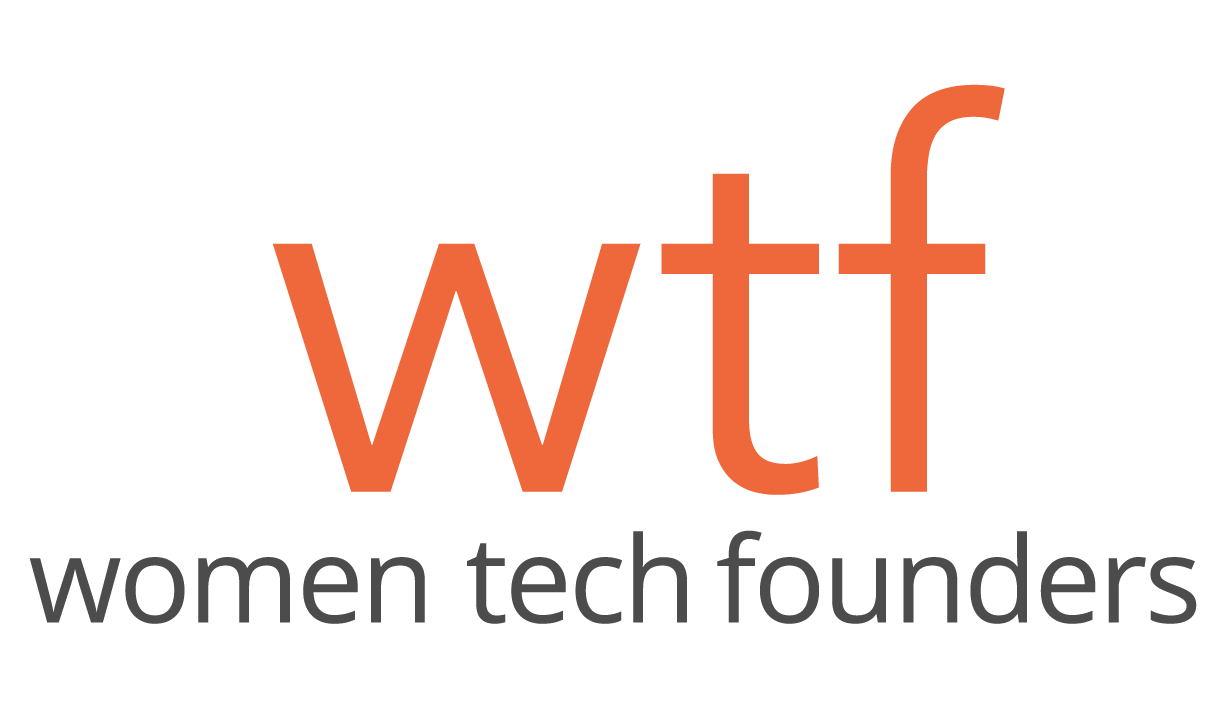Blog by Amanda Lannert, CEO of Jellyvision, and Suzanne Muchin, Principal at Mind + Matter Studio
There’s been a lot of digital ink dedicated over the past year to “The Women Problem” in tech offices, investment firms, and C-Suites. Lightning rod events– from Techweek’s Bikini-Gate, to Gamergate, to Ellen Pao’s lawsuit– have led to a flood of requests for our opinions on this topic, both privately and publicly, both broadly and specifically to the –gate of the month. So we went to lunch to chat about it, and we came away from that lunch with a few overall impressions.
First, flour tortillas are inherently superior to their corn counterparts.
Next, we need to define what we mean by “problem.” Relative to their share of the population, women are wildly underrepresented as CEOs, founders, and “funded” entrepreneurs in tech. Even those who have overcome the odds to achieve success are too frequently asked about their babies instead of their businesses. But while “women in tech” is a sexier headline, the problem isn’t just “women in tech,” but rather “women in business.” Among top leaders of S&P 1500 companies, for every woman, there are four men named John, Robert, William and James—that’s not hyperbole, but an actual headcount. We couldn’t make that up. This is the problem, and it’s evident in every board room, every CEO gathering, and at most tech events by a simple glance at the lines for the bathrooms.
Finally, we agreed that we would be more productive, individually, if we spent less time flaming the villains du jour and more time holding ourselves accountable for positive change.
So that accountability starts here.
Below, in black and white, is what the two of us are personally going to do to improve the presence, impact and influence of women in the tech space and business sector. Just to be clear: we don’t believe women are a “vertical,” or that by virtue of a common double-X chromosome that we all think the same way, feel the same way, or approach problems with the same set of solutions. But for the two of us, this is our starting point.
And now, without further ado –
5 Ways in which We’ll Do Our Part to Help Solve “The Women Problem”
1. We’ll show up.
The last thing we want to do after a long day of work is chitchat with a bunch of strangers. (The first thing we feel like doing is binge-watching Netflix and drinking red wine on the couch, but that’s neither here nor there). Frankly, we both find the prospect of “working the room” more than a little uncomfortable. And yet, we never regret attending. Chicago is awesome, people are friendly, generous and passionate about the amazing work they’re doing, and these events are inspiring and motivating. So we’re going to make sure we show up and lady-up the room, as much as two ladies can. Demo Days, Built in Chicago, 1871, and ITA Networking Events, Digital Leaders Luncheons, Technori, Tech Cocktail, you name it, we’ll make an effort to show up, ideally with a female wingman (wing lady?).
2. We won’t participate on, or attend events that promote, non-mixed gender panels.
If we truly want gender diversity in the working world, a visible indicator of that commitment is who gets handed a mic for thought leadership. Now, we are grateful for any opportunity to speak about our businesses and experiences (see #1 – we’re in). We are also huge fans of WTF, Ms Tech, and other organizations that help women help each other. We roll up on girls’ night out like a boss. And we know that a ton of people might sorely disagree with us on this, but let’s have at it: in our experience, the women-only panels we’ve been on tend to shift more towards work-life balance, which we see as not a mother issue, or even a parent issue, but really a human issue (and something that dads struggle with, too). So this is our approach: no all-men, no all-women, and make sure the mic gets passed.
3. We’ll watch our mouths.
Between us, we are the employers of many strong, brave, and highly competent women (and men), as well as mothers of many daughters and sons. But, we realize, we also both have a nasty habit of “dudifying” our language with stupid phrases that associate bravery and boldness with being male and meekness, uptightness, and emotional instability with being female. We’ve talked about “manning up” or “growing a pair” or “panties in a bunch” in ways that — however inadvertently — reinforce negative stereotypes. Women can be bad-ass without being “one of the guys” and men can be sensitive without being “metro.” So we’re going to employ some more productive and constructive turns of phrase – for the benefit of everyone, men and women alike.
4. We’ll put our money where our [better spoken] mouths are.
Most of us would sooner provide a stranger with our detailed medical history than tell them our salary, but a huge part of positive change comes down to dollars and cents, specifically that one dollar a man makes for every 78 cents a woman makes. Here’s what we’re doing about it:
a. Cleaning up our corporate houses. We’re performing identity redacted salary audits to make sure that our employees, irrespective of gender or race or age, are getting the same pay for the same work and experience. We’ll make adjustments where pay is unequal and play an active role in negotiating on behalf of all of our employees, even those who don’t negotiate for themselves.
b. We’re writing checks. We going to help seed companies and spend money on a few of the best startups we can find. And we’re both going to donate to Girls Who Code and similar female-focused tech initiatives. We’re not capitalized like VCs, but we understand that a little check can mean big momentum, and as beneficiaries of largess ourselves, we are committed to paying it forward.
5. We’ll take the meetings.
There are so many mentors, advisors, and good friends who have provided counsel, connections, or a kick in the pants (skirts? capris?), depending on what’s needed. So many, in fact, that our networks are now far more valuable than our experiences or any wisdom we may have. If a female entrepreneur reaches out for help, we’re going to agree to a 15-minute meeting. We can’t promise we’ll be helpful. But we promise to try – that we’ll listen and offer advice and connections as best we can — and we’ll do it 50 times a year each if there are takers. Incidentally, if only 50 people reading this post decide to do the same, that would be 2500 mentoring sessions for the current and/or next generation of women leaders in business. Very cool.
So those are our ideas, our commitments. If you have others, we’re all ears. Thanks for reading. And thank you to the countless, ass-kicking founders, CEOs, co-workers, and colleagues – male and female alike – that inspire us to want to do more and better.
Riana Lynn is a leader in food innovation, technology, and venture strategy. As a scientist and serial entrepreneur, Riana has developed high-growth, nationally recognized technology, and food businesses.


